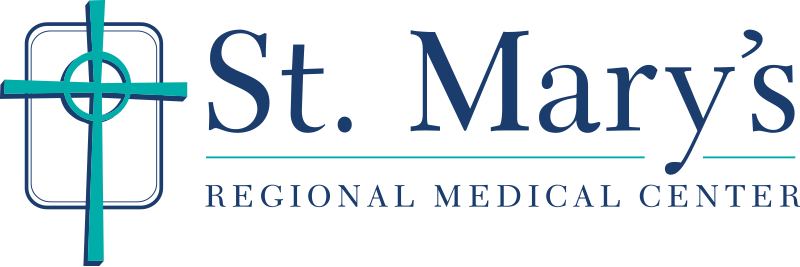St. Mary’s Women’s Imaging Now Offering FDA-Approved Automated Breast Ultrasound System for Screening Women with Dense Breasts

St. Mary’s Women’s Imaging announced today that they are on the leading edge of breast care by now offering the InveniaTM Automated Breast Ultrasound System (ABUS). The technology was approved by the FDA for breast cancer screening and is used in addition to mammography for asymptomatic women with dense breast tissue and no prior interventions.
“We believe ABUS will become an important tool in the detection of breast cancer and are excited to add this technology to our comprehensive breast cancer screening program,” says Bob Brice, Director of Radiology at St. Mary’s Regional Medical Center. “By offering the ABUS, we anticipate improving detection for small cancers in dense breast tissue that cannot be seen on a mammogram alone,” he says.
Dense breast tissue not only increases the risk of breast cancer up to four to six times, but also makes cancer more difficult to detect using mammography. One study, published in the New England Journal of Medicine, showed mammography sensitivity is reduced by 36 to 38 percent in women with dense breasts, as density masks the appearance of tumors¹. As breast density goes up, the accuracy of mammograms goes down².
Learn more about St. Mary' Women's Imaging >
As a result, several states, including Oklahoma, have passed laws mandating that women be notified if their breasts are dense and may offer supplemental imaging as appropriate.
“Mammography is an effective tool for the detection of breast cancer; however, it doesn’t work equally well in all women, especially those women who have dense breast tissue,” explains Brice. “The ABUS technology, when used in addition to mammography, has the potential to find additional cancers that would not have been found with mammography alone.”
“It’s important for women to get regular mammograms as suggested by their doctor and if they have been informed they have dense breast tissue, they should talk to their doctor about their specific risk and additional screening tests that might be appropriate,” concludes Brice.
¹(Boyd, et al, NEJM 2007:356:227-36M)
²(Kolb et al Radiology, October 2002)
